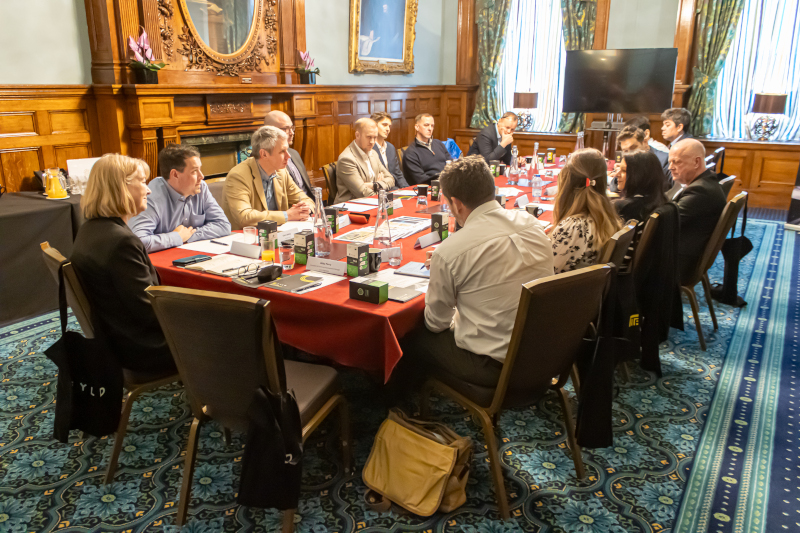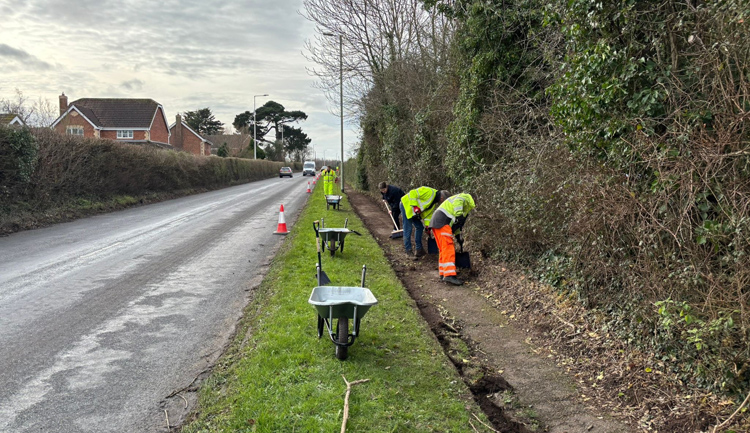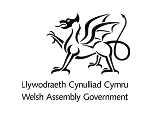The Department for Transport (DfT) has appointed AtkinsRéalis to lead a review of the national code of practice for UK road authorities - Well-managed Highway Infrastructure (WMHI).
Atkins played a key role in writing WMHI when it was originally published in 2016, helping establish the 'risk-based defect repair regime' for all highway assets.
Updates to the document are likely to address elements such as artificial intelligence, carbon management, climate adaptation and inclusion considerations, Highways understands.
A stakeholder engagement process also identified the need for an enhanced digital format, continuously updated reference materials and practical resources.
While not legally binding, compliance with the code is largely considered to demonstrate 'best practice' by professional bodies in the sector.
AtkinsRéalis said it will work closely with the UK Roads Leadership Group (UKRLG) boards, DfT and industry experts to 'produce a strengthened governance framework, executive summaries to aid communication of key principles, technical updates to the risk-based approach, and a searchable digital platform designed to improve usability and maintenance'.
The programme will also produce training and implementation materials to support adoption.
Mike Batheram, AtkinsRéalis market director for local transport, said: 'The WMHI Code has become the industry's basis for risk-based asset management, helping highway authorities tailor their approach to local needs and priorities.
'Having led the development of the original 2016 code, we understand both the technical complexities and the collaborative process required to create guidance that works in practice. Our experience will help to bring together diverse sector groups and stakeholders to co-create content that benefits the entire industry.'
Roads and uses minister, Simon Lightwood, said: 'Updating the Code of Practice will make our roads safer and journeys smoother, while encouraging local authorities to use new technology that drives growth and supports local businesses.'
Steering and working groups will be established for each section of the code, with the review aiming to reflect 'real-world needs and experiences, along with emerging best practice'.
Practitioners interested in contributing to working groups or participating in public consultations should register their interest via ukrlgcodeofpractice@atkinsrealis.com by 31 October 2025 to receive notifications when opportunities become available.
A communications plan will also be agreed with the steering group to ensure the wider sector will continue to be made aware of the review's progress and of opportunities to contribute.

























